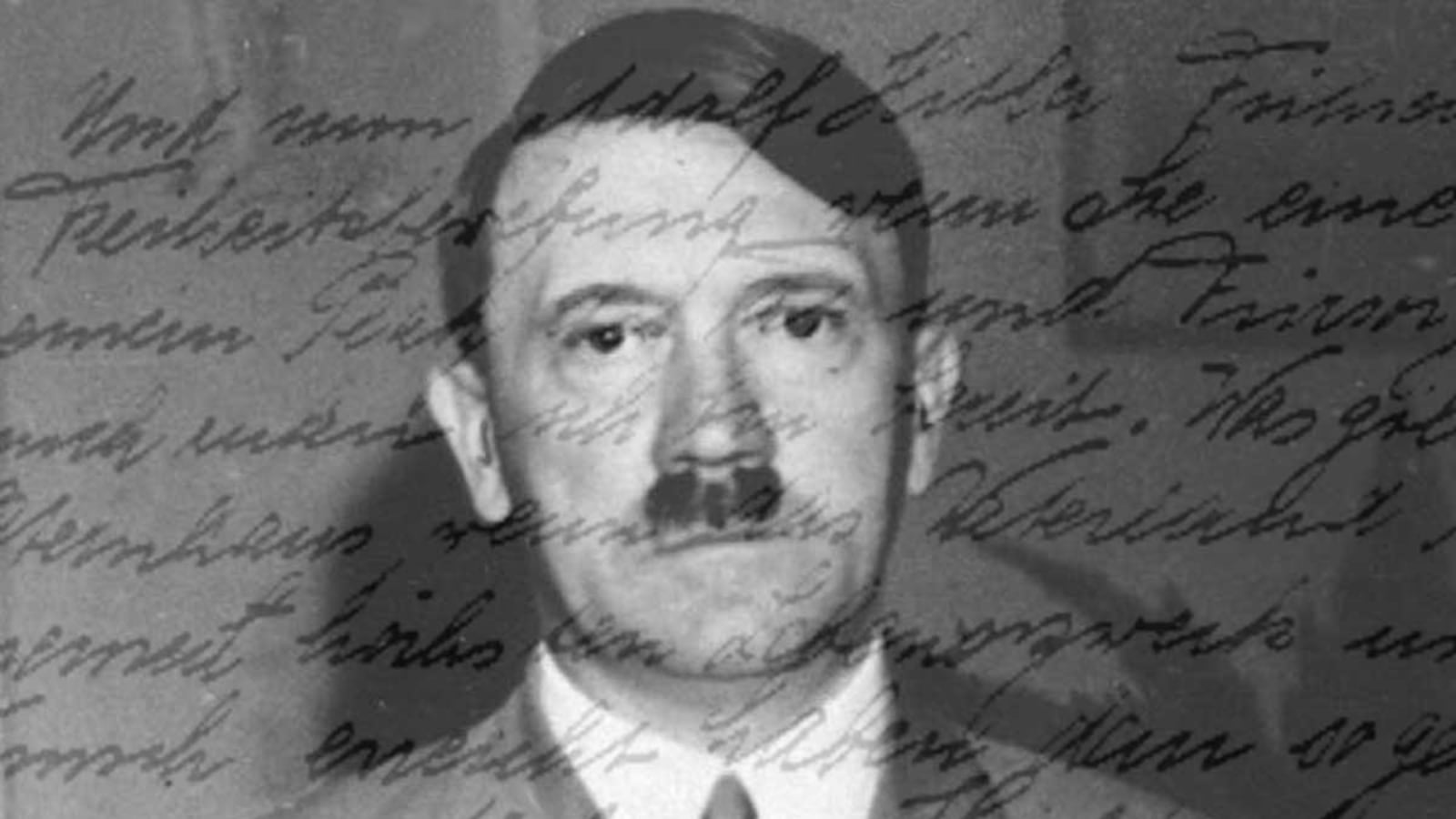
Between 1925 and 1945, thousands of ordinary Germans wrote letters to Adolf Hitler, many of them gushing love letters, though there were a few dissenters. The Soviet Secret Police carted the letters off to Moscow at the end of the war, and they were lost for decades. A large cache of these letters was recently discovered in the KGB Special Archive. Letters to Hitler, edited by University of Halle lecturer Henrik Eberle, is the first volume to be published in English. A look at these fascinating and often disturbing testimonies will give you a chill, and add to our understanding of the mysterious and charismatic power of Hitler.
AP Photo
In 1930 the 32-year-old, unmarried Elsa Walter of Karlsruhe, Germany, wrote an 80-page Christmas letter to Hitler, and called him the indisputable “leader of the German freedom movement.” She described her political ideas and nationalistic sentiments in the carefully written and illustrated book she bound by hand. She did not care for the Jews and the “American system” of production—worse yet, the department stores of the “American system” were often run by Jews, she wrote. However, she claimed that “I never felt hatred for Jews, but so far as love was concerned, even before the Swastika existed, Jews never had any luck with me, though I was not crudely insulting. But once, to tell the truth, since there was no other way, I told one exactly what I thought of him.”
Walter also offered her services to Hitler, if he should lack a woman in a “place of action and care.” Walter in fact later became a high-ranking Nazi Party official, and from 1943 on she worked in occupied Poland. She later disappeared without a trace.
Courtesy of Henrik Eberle
Lord Mayor Friedrich Krebs of Frankfurt, Germany, put his good wishes for the 1938 New Year in the form of a kind of medieval charter written on parchment. Krebs was among the most avid plunderers of Jewish property. After 1945 he practiced law and received a generous government pension.
Courtesy of Henrik Eberle
Many children were crazy about Hitler. Lotti H. from Berlin worried about her “dear leader.” In her poem, she cautioned him: “You must rest now and then, how hard you work all day and always give yourself so much trouble.”
Courtesy of Henrik Eberle
In October 1938 the twins Susi and Daisy J. from the Sudetenland thanked Hitler for having “freed us and brought us into your beautiful Reich.”
Courtesy of Henrik Eberle
Lotte J. Kaiser cobbled together a Mother’s Day card made of thick, handmade paper to express her “unutterably great thanks to the blessed parents, the mother who gave birth to ‘our Führer.’” Pulling the ribbons decorated with swastikas reveals portraits of Hitler’s parents.
Courtesy of Henrik Eberle
Telegrams sent by important religious leaders in the summer of 1941 were typed in especially large fonts, since Hitler had developed presbyopia. The writers express unanimous support for the campaign against “godless” Bolshevism. At left, a letter from a Ukrainian archbishop; at right another from the German Evangelical Church.
Courtesy of Henrik Eberle
Russian soldiers pose in 1945 in Hitler’s study in the Reich chancellery, in front of his globe. At the end of the war, the Soviet Secret Police carted many of the letters off to Moscow, where they were lost for decades until recently discovered in the KGB Special Archive.






